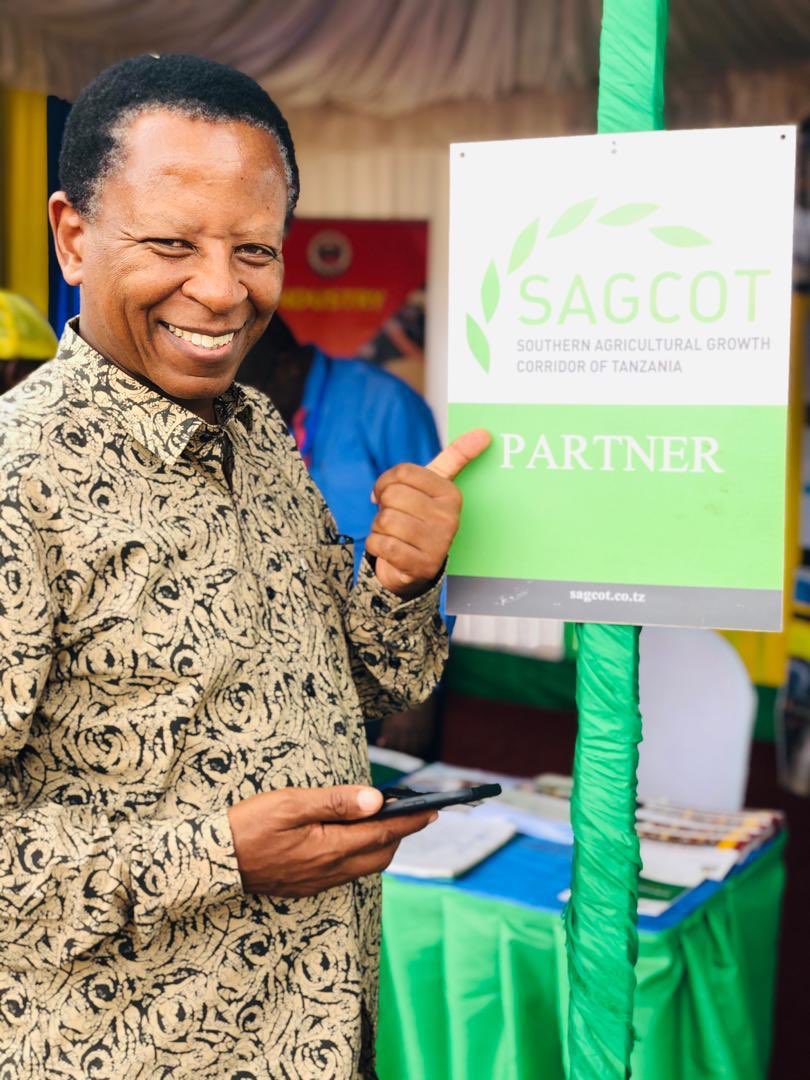Flower industry targets 650,000 jobs in 5 yrs
HORTICULTURE
Flower industry targets 650,000 jobs in 5 yrs
Over one million Tanzanians would directly work in the horticulture industry by 2020 when the global demand for the sub-sector’s products would reach $153 billion. Currently, about 350,000 Tanzanians are engaged in horticultural activities.
The $1.8bn export target
THE anticipated growth in Tanzania’s agricultural sector is expected to spur the multi-million-dollar horticultural industry annual revenue to $2 billion by 2020, according to Tanzania Horticultural Association (Taha) Chief Executive Officer Jacqueline Mkindi.
Despite the fact that the industry is experiencing both growth and shrinkage at the same time, the CEO says, “Our target is to hit an annual export value of $1 billion in 2018 and double the amount in two years’ time to reach a staggering $1.85 billion by 2020.”
Mkindi says, over one million Tanzanians would directly work in the horticulture industry by 2020 when the global demand for the sub-sector’s products would reach $153 billion. Currently, about 350,000 Tanzanians are engaged in horticultural activities.
“The industry has grown in leaps and bounds – from northern Tanzania to southern highlands as well as from the Mainland to Zanzibar. Currently, the industry earns Tanzania over $400 million annually, up from $64 million in 2004.”
The brainchild behind the success
Mkindi, an unsung heroine who joined the industry after relinquishing her rewarding white-collar job opportunities at such prestigious institutions such as Sokoine University of Agriculture (Sua) and Tanzania National Parks (Tanapa) in early 2000s, during the time, there were less than 50 horticultural farmers in the country with insignificant production volumes for export markets.
Ten years later, she had successfully brought together more than 15,000 – both large scale and smallholder farmers – into a single bloc with a common business oriented set of interests.
Yes, agriculture has never been an attractive undertaking for most educated youths in Tanzania and other African countries.
This mentality has been entrenched in the education system that traditionally dooms the academically challenged to farming, otherwise known as the ‘poor man’s profession’.
But, Mkindi, complete with her Masters of Business Administration degree, backed with her persuasive skills and a smiling face in most of her time, worked hard against all odds, overcoming all the tides and indeed proved wrong her critics.
Now, thanks to her tireless efforts, the allure of profitable horticultural farming is prompting even urbanites to ditch white-collar jobs and trade their designer suits and shoes for overalls and gumboots.
The renaissance of horticulture farming interest amongst the youth is down to efforts by Taha under Ms Mkindi’s regime, pushing for the adoption of better agronomic techniques that guarantee high yields, and creating market linkages for their produce.
Growing so fast
With such achievements, Taha is now regarded as the fastest growing farmers’ organisation in the region. It has thus become a darling for a number of development partners who provide overwhelming support to transform the industry.
The government of Tanzania and Development Partners such as USAID, BEST-AC, the Royal Netherlands Embassy and Finnish government are all involved in supporting horticultural projects in partnership with Taha, or at least, in part designed with the advice and participation of the association. As a result, Taha is strategically placed to both influence the course development and advocate the reduction of constraints.
It is under Mkindi’s leadership that Taha, for the first time in history, brought the producers, traders, exporters and processors of all horticultural products – that is flowers, fruits, vegetables, spices, herbs and seeds – and created a single voice.
It is a voice of both large scale and small that resonates locally, nationally and internationally and with a common understanding that the challenge is about making agribusiness work in current business environment that is a result of years of Tanzania’s socialism background.
Industry taking shape
“Though, I still have a long way to go, but I’m happy that my dream of doing what would benefit all Tanzanians and the world at large, is slowly, but surely taking shape,” Mkindi says. Probably, no one can explain Taha’s activities better than James Parsons, the managing Director of Africado Company, which exports avocadoes to the EU market.
“Taha has helped a lot in creating an enabling environment for the industry….the association works around the clock to maintain dialogue and good rapport with the government of Tanzania, development partners and farmers…I am grateful to Ms Mkindi for her incredible support in mobilising and building institutional capacity, facilitating an enabling environment, and other technical assistance,” he says.
Taha also assisted farmers with standard compliance practices, addressing challenges with the local authorities, particularly on produce cess fee issues.
The body has also been able to help support investors in the horticulture industry to register crucial pesticides for pest and disease control in fruits.
Through its logistic firm, Taha Fresh, the association has been helpful to absorb the costly and time consuming cross-border non-tariff barriers to ease the burden to investors.
More recently, Taha successfully managed to persuade the government to include essential agricultural inputs in the value added tax exemption list in the new VAT Bill of 2014.
“Through Taha’s engagement with the government, important agricultural inputs have been included in the VAT-free list. I’m so grateful to the government for listening to us whenever policy challenges emerge,” Mkindi notes.
Ends
_____
Quote:
“


